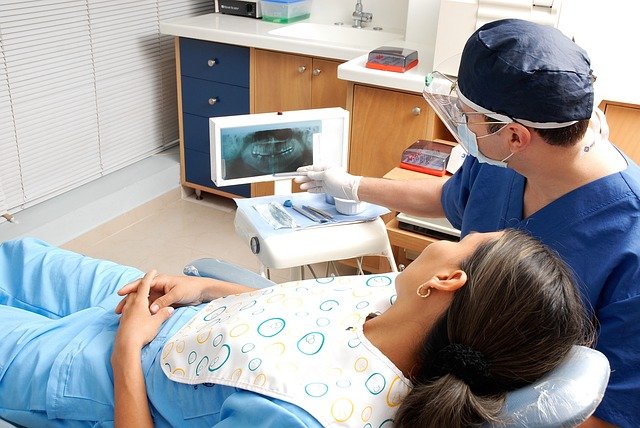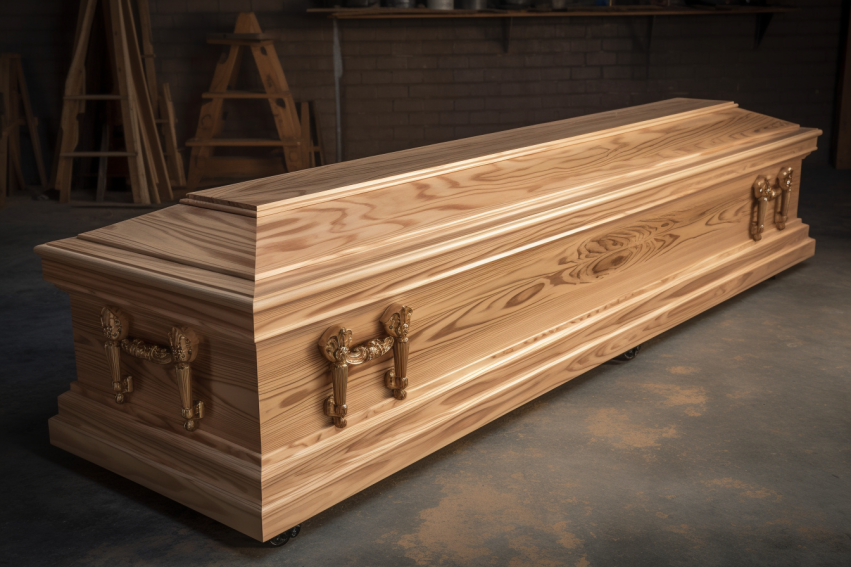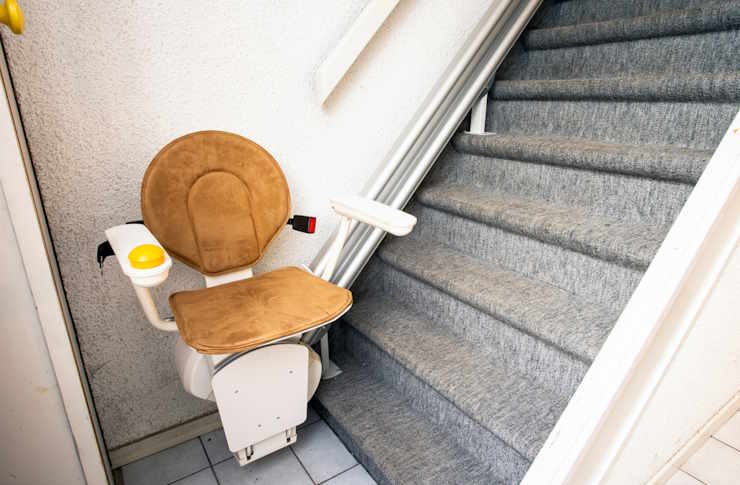Finding the Right Dentist for Older Adults in 2025
As dental needs evolve with age, finding a provider who understands older adults can make a difference in comfort and consistency. This article outlines what to consider when choosing dental care in 2025, including access, communication, and routine treatment options.

What are the key factors to consider when choosing a dentist for seniors?
When selecting a dentist for older adults, several factors come into play. First and foremost, accessibility is crucial. Look for a dental office that is easily reachable, with ample parking and wheelchair accessibility if needed. The dentist should have experience treating older patients and be familiar with age-related dental issues such as dry mouth, gum disease, and tooth sensitivity.
Another important factor is the dentist’s communication style. Seniors often appreciate providers who take the time to explain procedures clearly and patiently. Additionally, consider the office’s technology and equipment. Modern dental practices often use advanced tools that can make treatments more comfortable and efficient for older patients.
How can you find dentists specializing in senior dental care?
Finding dentists who specialize in geriatric dentistry or have extensive experience with older patients can be achieved through various methods. Start by asking for recommendations from your primary care physician, as they may have a network of trusted specialists. Local senior centers or retirement communities often have lists of dentists who cater to older adults.
Online directories provided by dental associations can be valuable resources. Many of these allow you to filter searches based on specialties or patient age groups. Additionally, some dental schools have clinics that focus on geriatric dentistry, offering both experienced care and potentially more affordable treatment options.
What questions should you ask a potential new dentist?
When considering a new dentist, it’s essential to ask the right questions to ensure they’re a good fit for your needs. Start by inquiring about their experience with older patients and any specialized training in geriatric dentistry. Ask about their approach to preventive care for seniors and how they handle common age-related dental issues.
It’s also important to discuss the dentist’s availability for emergencies and their policy on house calls or care for those with limited mobility. Don’t hesitate to ask about their communication style and how they explain treatment options. Finally, inquire about the types of insurance they accept and any financial plans they offer for more extensive treatments.
What are the essential dental care considerations for adults over 55?
For adults over 55, certain dental care considerations become increasingly important. Regular check-ups and cleanings are crucial, as the risk of gum disease and tooth decay can increase with age. Dentists should pay special attention to signs of oral cancer, performing screenings at each visit.
Dry mouth, a common side effect of many medications, requires particular attention as it can lead to increased tooth decay. Dentists should be prepared to offer solutions and treatments for this condition. Additionally, as manual dexterity may decrease with age, dentists should be ready to recommend appropriate tools and techniques for maintaining good oral hygiene at home.
What unique features should seniors look for in a dental clinic?
In 2025, dental clinics catering to seniors should offer several unique features. Look for practices that provide comprehensive care, including services like denture fittings, implant maintenance, and management of age-related oral conditions. Some clinics may offer extended appointment times to accommodate patients who need more time or have complex health histories.
Technologically advanced clinics might use digital imaging for quicker and more comfortable diagnostic procedures. Comfort features such as noise-canceling headphones, massage chairs, or even virtual reality systems to distract patients during treatments can make dental visits more pleasant for seniors.
How does dental insurance coverage differ for older adults?
Dental insurance coverage for older adults can vary significantly from standard plans. Many seniors rely on Medicare for their health coverage, but it’s important to note that traditional Medicare does not typically cover routine dental care. However, some Medicare Advantage plans may offer dental benefits.
For those without Medicare Advantage dental coverage, standalone dental insurance plans are available. These plans often cater specifically to seniors, covering services like dentures, implants, and periodontal treatments that are more common among older adults. When comparing plans, consider factors such as annual maximums, waiting periods for major procedures, and coverage for pre-existing conditions.
| Plan Type | Provider | Coverage Details | Estimated Monthly Premium |
|---|---|---|---|
| Medicare Advantage with Dental | Aetna | Preventive care, basic procedures, some major services | $0 - $50 |
| Standalone Dental Insurance | Delta Dental | Comprehensive coverage including dentures and implants | $30 - $70 |
| Discount Dental Plan | Cigna | Reduced fees on dental services, no annual maximum | $10 - $20 |
Prices, rates, or cost estimates mentioned in this article are based on the latest available information but may change over time. Independent research is advised before making financial decisions.
In conclusion, finding the right dentist for older adults in 2025 involves careful consideration of various factors, from specialized experience to insurance coverage. By taking the time to research and ask the right questions, seniors can ensure they receive high-quality, appropriate dental care that addresses their unique needs and contributes to their overall health and well-being.
This article is for informational purposes only and should not be considered medical advice. Please consult a qualified healthcare professional for personalized guidance and treatment.




